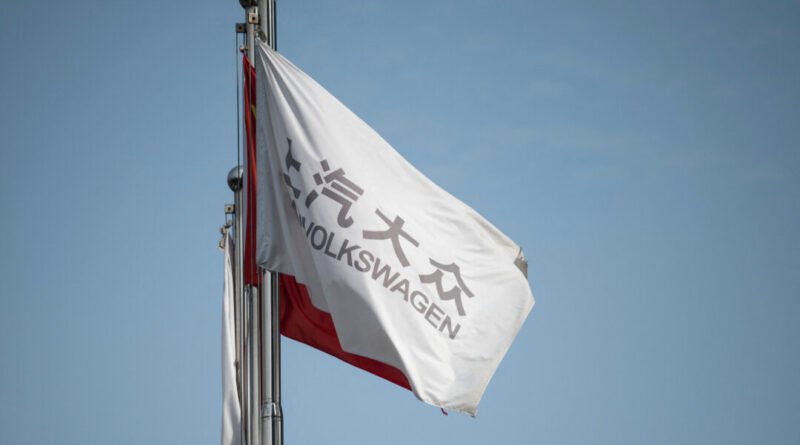Foreign Legislators Call on Volkswagen to Exit Xinjiang Factory After Inspection Results Exposed
Lawmakers urged MSCI to downgrade the automaker due to a report that revealed risks of forced labor in an audit conducted last year.
International lawmakers called on Volkswagen to divest from its joint-venture factory in Xinjiang following the leak and discrediting of a company-commissioned social audit.
An analysis of the leaked audit revealed that it was inadequate in assessing forced labor risks.
They also called on MSCI to reinstate a red-flag notice until an independent investigation addresses concerns about the audit’s integrity.
The report, released on September 19 by the Jamestown Foundation, criticized the audit’s execution and highlighted its failure to meet international standards.
The audit process involved only closed-ended questions and lacked anonymity for the interviewed employees.
Adrian Zenz, the report’s author, criticized the audit’s execution, highlighting the lack of experience of the Chinese auditors in the field and their failure to adhere to international standards.
Volkswagen’s joint venture with SAIC traces back to 1984, with the factory in Xinjiang operating for around ten years. Following human rights concerns raised by investors, Volkswagen conducted an ESG audit of the plant in response.
Previously marked with a red flag by MSCI over forced labor allegations, Volkswagen faced calls for further investigation into the audit process.
The Report
In its statement, Volkswagen revealed that the audit was executed by a Chinese law firm and supervised by a German firm specializing in social audits and labor law compliance.
However, further scrutiny by Zenz revealed discrepancies in the audit process, including the lack of experience of the auditors in conducting the specific type of audit required.
The audit’s shortcomings called into question Volkswagen’s claims of no forced labor at the factory in Xinjiang.
Corporate accountability and complicity have become key points of discussion following the leak of the audit report.
Despite Volkswagen’s reassurances, concerns remain about the credibility and transparency of the audit process and its implications on investors and human rights standards.
The fate of Volkswagen’s operations in Xinjiang remains uncertain pending further investigation and action.





